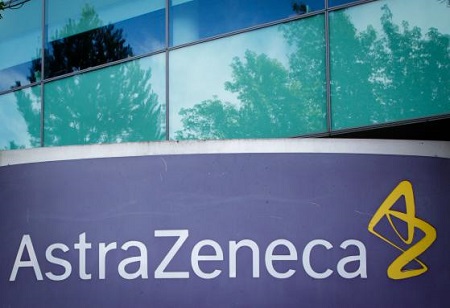India Pharma Outlook Team | Friday, 02 June 2023

AstraZeneca, a British-Swedish pharmaceutical company, announced on Thursday that its anti-liver cancer drug tremelimumab combination has been approved by India's drug regulator. Tremelimumab, administered intravenously in combination with durvalumab, is indicated for the treatment of patients with unresectable hepatocellular carcinoma (uHCC). This approval allows tremelimumab solution 20 mg/ml (25 mg/1.25 ml and 300 mg/15 ml presentations in single dose vials) to be launched in India for the specified indication. More than 30,000 new local cases of HCC are diagnosed every year in India, making it the 10th most common cause of cancer. Its high mortality rate makes it the eight most common cause of cancer related deaths in the country.
Cirrhosis, hepatitis B and C infection, alcohol, smoking, diabetes, and NAFLD (Non-Alcoholic Fatty Liver Disease) are the most common causes and risk factors for HCC in India. HCC has a 5-year survival rate of about 18%; localised, regional, and metastatic HCC have 5-year overall survival (OS) rates of 33%, 10%, and 2%, respectively. Tremelimumab combination approval is based on the results of the Phase III HIMALAYA clinical trial, which was conducted in 181 centres across 16 countries, including the United States, Canada, Europe, South America, and Asia, including India, on 1,324 patients with unresectable, advanced HCC.
The primary endpoint was overall survival (OS) versus sorafenib for the combination, with secondary endpoints including OS for durvalumab versus sorafenib, objective response rate, and progression-free survival (PFS) for the combination and Durvalumab alone. The combination of Tremelimumab and Durvalumab outperformed Sorafenib in terms of overall survival. "This approval is consistent with our goal of improving patient outcomes while not leaving any patient behind." "We have a breadth of scientific platforms to attack cancer while exploring the power of combinations in order to drive deeper and more durable responses," said Sanjeev Panchal, AstraZeneca India's country president and MD. “Prognosis of patients with unresectable liver cancer is often limited and diagnosis is significantly delayed, with the majority of the cases getting diagnosed in an advanced and unresectable stage," said Dr. Anil Kukreja, vice-president, Medical Affairs and Regulatory, AstraZeneca India.